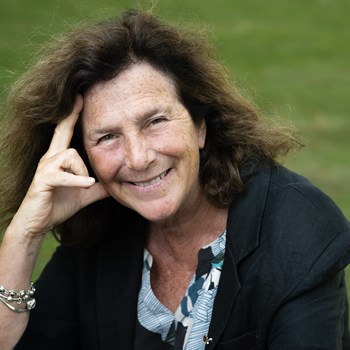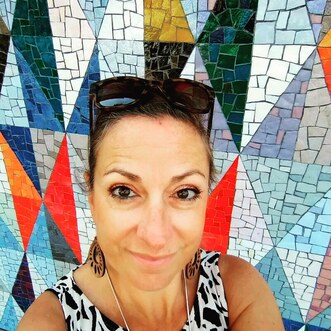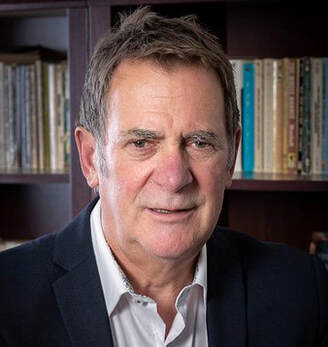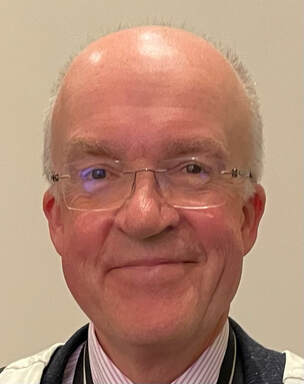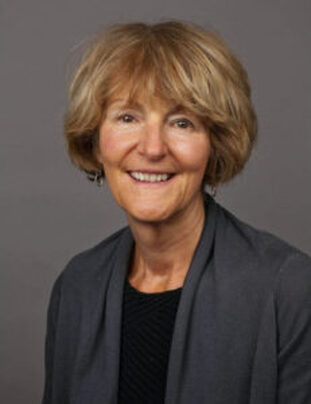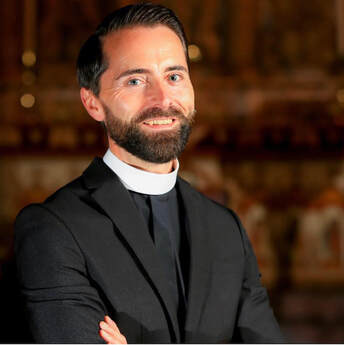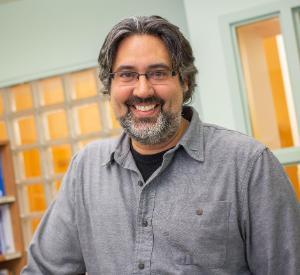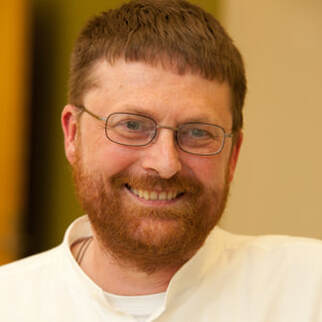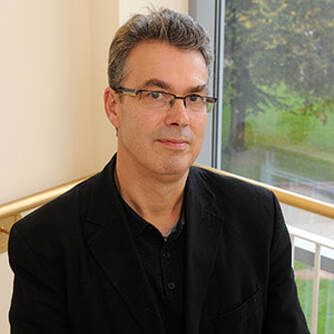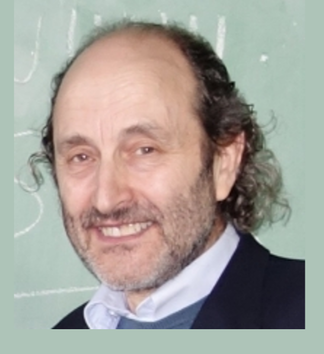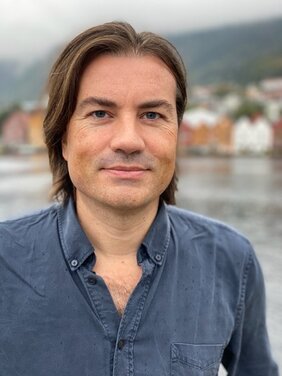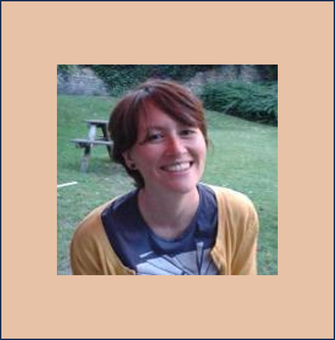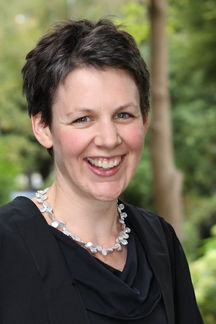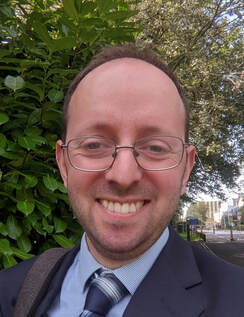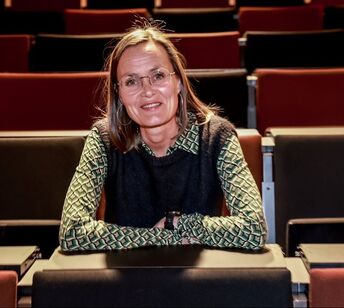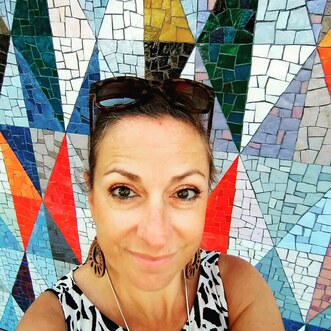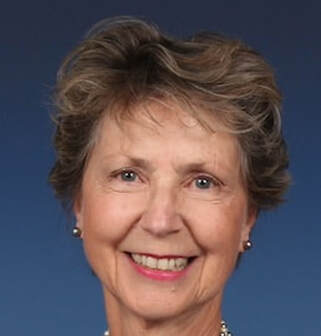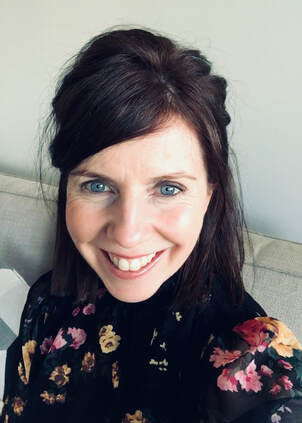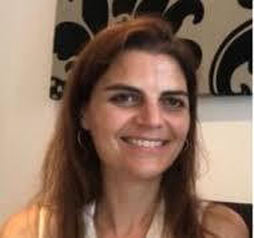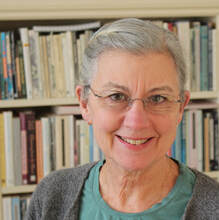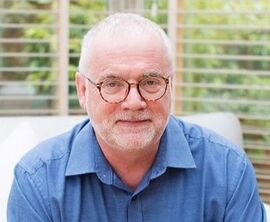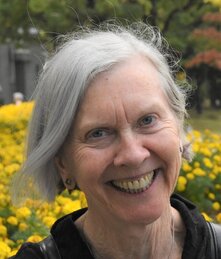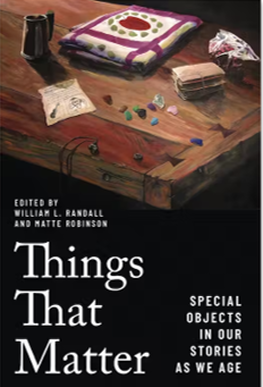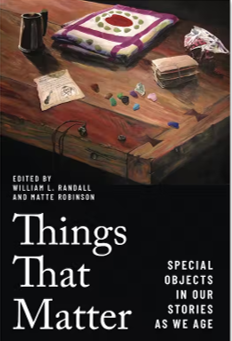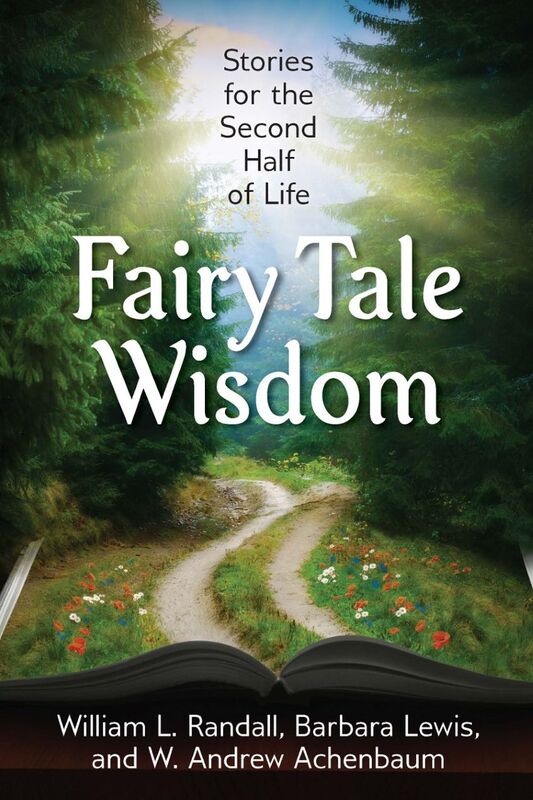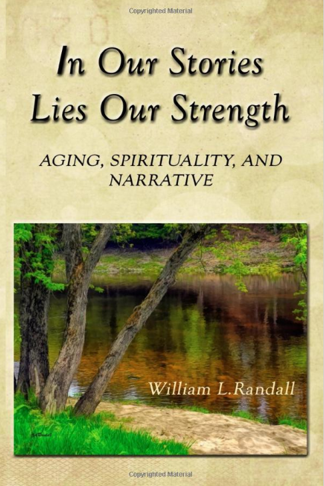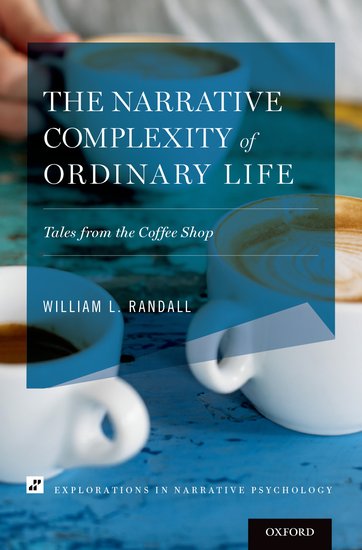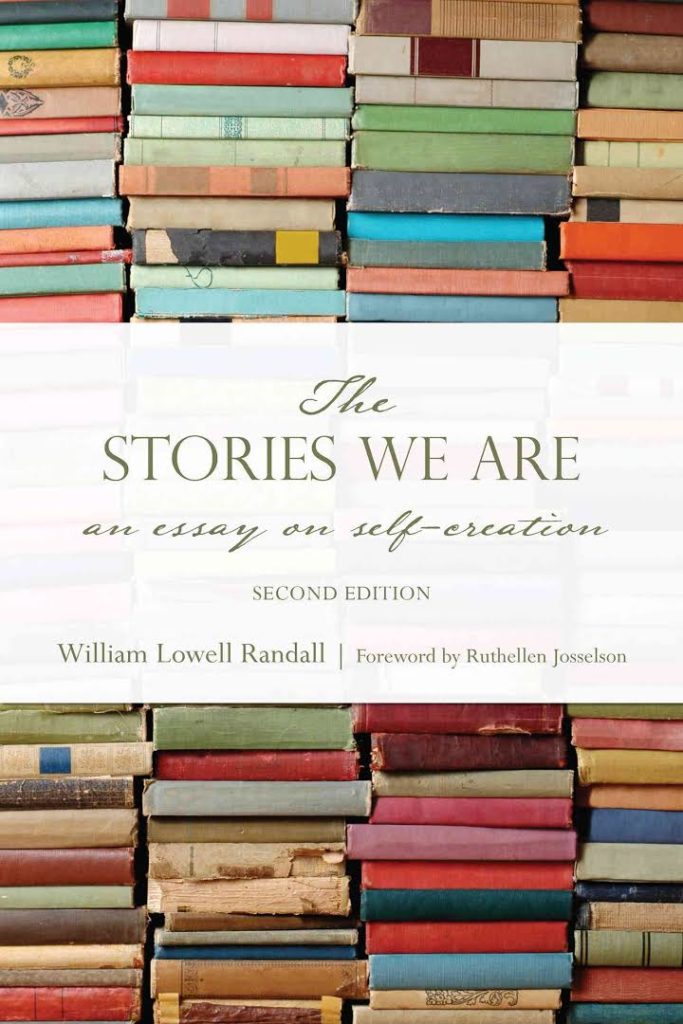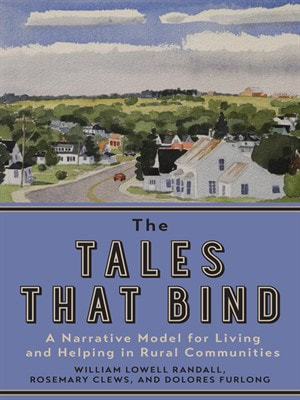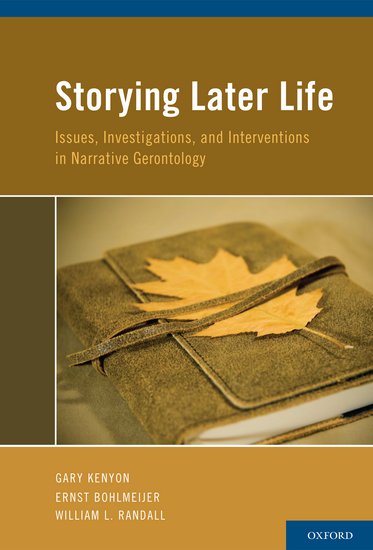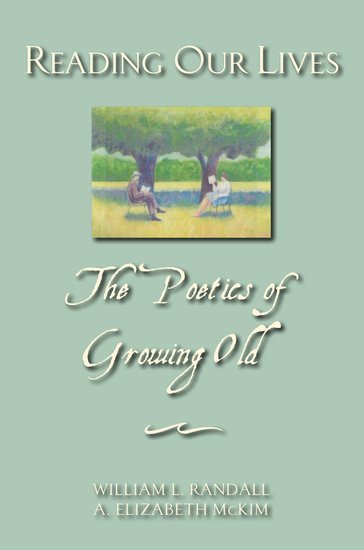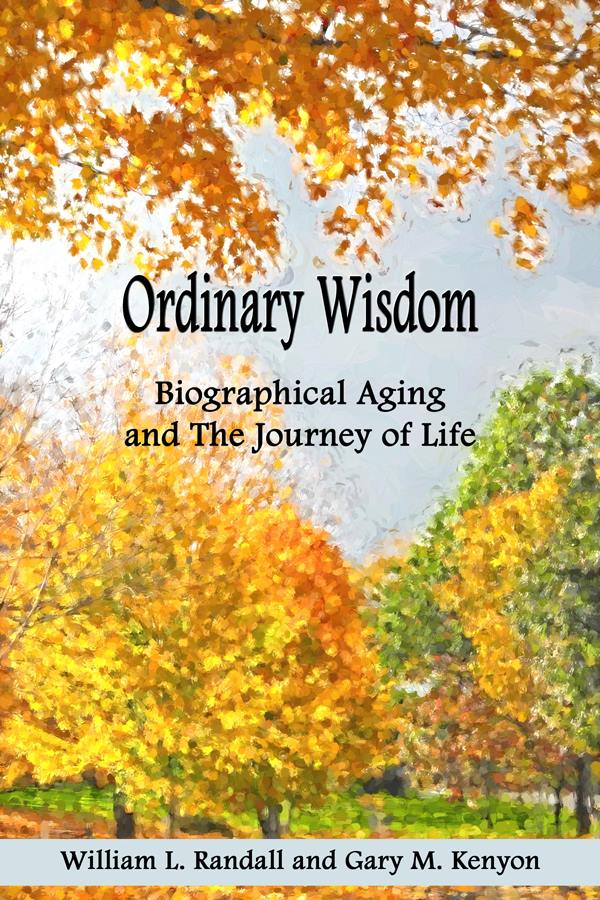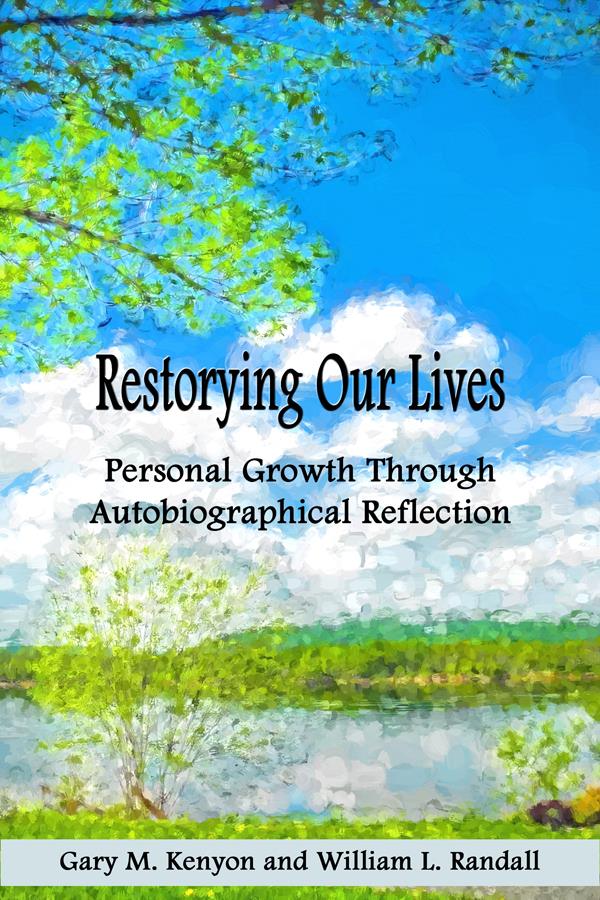Ageing as adventure
March 19-20, 2024 - Queens Building, Emmanuel College, Cambridge, UK
We invite you to a unique conference: a collaboration between the the University of the Third Age (Cambridge), the Creative Ageing Special Interest Group of the British Society of Gerontology, the Association for Narrative Research and Practice, and the Centre for Interdisciplinary Research on Narrative, St. Thomas University, Canada. This event will be hosted at Emmanuel College,Cambridge, England.
This two-day event will explore the idea of later life as a time for intentionally growing old and not just getting old, for discovery and not only decline. It will look into the limits and possibilities of a vision of aging as ADVENTURE
(e.g., outward, backward, inward, etc.), as opposed to the sad, slow tragedy according to which for many, old and young, it can be implicitly perceived.
Keynote addresses and individual presentations are aimed at fostering interdisciplinary conversation in order to “test out”, so to speak, such a counter-intuitive notion. These include: narrative gerontology, critical gerontology, developmental psychology, psychotherapy, sociology, dementia care, palliative care, spirituality, creativity, political activism, lifelong learning, life-writing, literature, theatre, and the arts.
This two-day event will explore the idea of later life as a time for intentionally growing old and not just getting old, for discovery and not only decline. It will look into the limits and possibilities of a vision of aging as ADVENTURE
(e.g., outward, backward, inward, etc.), as opposed to the sad, slow tragedy according to which for many, old and young, it can be implicitly perceived.
Keynote addresses and individual presentations are aimed at fostering interdisciplinary conversation in order to “test out”, so to speak, such a counter-intuitive notion. These include: narrative gerontology, critical gerontology, developmental psychology, psychotherapy, sociology, dementia care, palliative care, spirituality, creativity, political activism, lifelong learning, life-writing, literature, theatre, and the arts.
Confirmed presenters & keynote speakers include:
|
KEYNOTE
Molly Andrews PhD - Honorary Professor of Political Psychology, Institute of Advanced Studies, University College London, and Director of the Association for Narrative Research and Practice. Presentation Title: The Long Fight: Narrating a life of activism in hindsight This paper will explore the meaning of longterm political struggle, based on conversations I have had with numerous activists over a long period of time. I will draw on material from my study of lifetime political activists in the UK who fought for social justice for fifty years or longer, and on my thirty year study of East German dissidents. The paper will explore the central role that political engagement plays across the whole of the life span in these activists’ lives, defying the stereotype of old age as a period of life marked by withdrawal. How do political actors help to shape the collective memory of their community? And how do the stories of communities help to shape the stories which activists do and do not tell about themselves? As people look back on their own political engagement, do they see this as something which is integrated into the self they later became, or is their activism constructed as being tied to a very particular moment in their own development? Do they link their protest(s) with political struggles of the past? Of the present? |
|
KEYNOTE
Emily Bradfield PhD - Founder of Creative Ageing Special Interest Group, British Society of Gerontology Presentation Title: Creative Ageing: An Overview from the British Society of Gerontology Back in 2019, a group of PhD students and Early Career Researchers working at the intersection between creativity, health and ageing, gravitated towards one another. Realising that much of this work was happening in silos, they created the Creative Ageing SIG, under the umbrella of the British Society of Gerontology. As an international community of interest, the SIG aims to bring together researchers, practitioners and other stakeholders to support a diverse range of interests and explore what it means to age creatively. In this presentation, Emily Bradfield (Founder and Co-Chair) will introduce the Creative Ageing SIG and its journey so far. |
|
KEYNOTE
Conference co-organizer and co-emcee Bill Randall EdD- Emeritus Professor of Gerontology (St Thomas University); Visiting Fellow, Emmanuel College Presentation Title: Ageing as Adventure: Parts I and II For many us, ageing can be secretly viewed in what are implicitly tragic terms—as a narrative of decline, as a downward trajectory toward decrepitude and, ultimately, death. Such a way of “storying” later life can set us up for (among other things) narrative foreclosure, which can feed the mild-to-moderate depression to which we can be susceptible amid the mounting challenges of later life. In this two-part keynote, I will try and offer a more positive and more energizing narrative of later life. Drawing on ideas that I've been thinking and writing about for over 30 years, and on research in gerontology, psychology, psychotherapy, and allied fields, I will outline how we can re-story our perception--and experience--of later life from a tragedy to an adventure, one that leads in at least four intertwining directions: Outward and Backward, the focus of Part I, and Inward and Forward, the focus of Part II. |
|
Karen Skerrett PhD - Clinical psychologist; affiliate of University of Chicago and Northwestern University
Presentation Title: Promoting Later life development: New Stories for a New Age As the number of older adults grows exponentially, our theories and practices must embrace a more nuanced appreciation of the aging process. Adults currently exiting midlife face an estimated 30 years-the longest adulthood in history, bringing unimaginable challenges and opportunities. A series of ongoing investigations into the stories of adults paint a complex portrait of those between the ages of 55 and 78. The ways in which participants narrated their experiences during this period demonstrated considerable heterogeneity as individuals navigated the shifting of prescribed roles, multiple body changes and uncertainty about the future. Some stories reflected positive engagements with new challenges while other stories reflected unresolved hurts and misunderstandings, foreclosed storylines and new relational dilemmas to resolve. We identified six unique transitional tasks that represented both the dynamic changes of this period and opportunities for continued development in the arenas of generativity, integrity and acceptance. Our findings suggest this time of life we titled Emerging Elderhood is particularly ripe for an intentional re-design of the aging experience- one that allows for the creation of a future orientation that is more realistic, accommodating and hopeful. |
|
Father Lee Taylor - Priest-in-Charge, Llangollen Group of Churches, Valle Crucis, Wales, UK
Presentation Title: Out-of-Body and Near-Death Experiences: Implications for the Spiritual Adventure In the summer of 2023, I travelled to the USA to take part in the Near Death Experience Spectrum at The Monroe Institute, a stunning setting in the foothills of the Blue Ridge Mountains of Virginia. As a researcher in Out-of-Body and Near-Death experiences, and having read Robert Monroe’s books, I was compelled to know more when I read the following on the Institute’s website: “Knowing that death isn't the end, but simply a transition, can alter your world in spectacular ways! During this Monroe program, you will explore the nonphysical universe by entering the same realms encountered by those who have experienced an Near Death Experience.” Monroe’s Out-of-Body experiences led him to map out various energy systems or ‘territories’, as he called them, that can be accessed by shifting consciousness to higher and deeper states. Another way of understanding this might be to refer to these ‘territories’ as realms, dimensions or bandwidths of consciousness. Jesus described heaven as a place with many dwellings or mansions (John 14). However, Monroe wanted to avoid using religious or mystical language to describe these territories so he numbered them as ‘Focus Levels’. |
What if, through expanded states of awareness guided by certain sound techniques and frequencies, we could access the heavenly realms experienced by many of the saints and mystics? What if we can find out what heaven (or the heavens) are really like this side of eternity? From the position of real, authentic, unprocessed individual experience, might it be an opportunity to evolve Christian eschatology?
|
Albert Banerjee PhD - Research Chair in Community Health and Aging, St. Thomas University (STU)
Presentation Title: Contemplative Aging As A Contribution Towards A Gerontology For Mortals: Some Preliminary Notes In this presentation, I am proposing a revitalized research agenda that moves beyond control-oriented approaches to healthy aging and instead seeks to foster a capacity to live well as mortal beings. This agenda builds on the tradition of critical and humanist gerontology in general, and narrative and contemplative gerontology in particular. I have termed this a gerontology for mortals, because it takes the condition of human mortality as its point of departure. This is to say that it understands that we are beings that live within finite time, within an ontology of impermanence, and that change – gain and loss – are normal part of living. To understand ourselves as mortal is also to understand ourselves as embodied, vulnerable, meaning-making creatures that require care. I will illustrate the kind of research shift such an agenda would encourage by drawing on an ongoing study of yoga and meditation in both Canada and India. |
|
Clive Baldwin PhD - Canada Research Chair in Narrative Studies, Professor in Social Work St. Thomas University, NB Canada
Presentation Title: Narrative Adventuring As We Age Many years ago, I wrote a piece, coining the phrase ‘narrative dispossession’ – the process whereby people living with dementia were denied the possibility of storying their lives by the dominance of the beginning-middle-end, necessarily mimetic, conception of what a narrative was. In subsequent pieces, I attempted to outline ways in which we might challenge this dominance and thus help people living with dementia to repossess their stories – and thus their ‘Selves’. Twenty years on, I realize that I, too, am in danger from narrative dispossession – but of my own making. As we age, the linearity of our stories – of my story – seems to become all the more pressing. I plan more for endings than I do beginnings – retirement, academic legacy, even my eventual death and funeral. Now, while on the one hand such planning is sensible and maybe even required, on the other I wonder and worry about what this linearity does to my sense of Self. In this thought piece, I want to play with the notion of non-linearity in life storying, the creativity of unnatural narratives, and the possibilities of believed-in imaginings in shaping a more open, wider story of life – past, present, and future. |
Writing or framing our lives in different ways may help us challenge the restrictions we impose on ourselves (and our Selves). In other words, what might be the potential of ‘narrative adventuring’.
|
Matte Robinson PhD - Associate Professor and Chair of English, St. Thomas University, NB Canada
Presentation Title: H.D. On Ageing As Spiritual Adventure Modernist author H.D. (Hilda Doolittle) began writing her major long poems during WWII, when she was in her fifties. She had been a writer for decades, having founded a literary movement, Imagism, just prior to the first World War, and produced novels and poems, edited little magazines, and lived among her fellow modernists. Along with the poetry, H.D. began a series of memoirs, journals, and novels, weaving together threads from her past, her present, her deepening sense of spirituality, and the many communities she intersected with. Composing her most complex and epic work into the seventh and last decade of her life, she concluded with the spiritual autobiographic long poem Hermetic Definition, which shares her initials and is both an acknowledgement of the aging process and a reinvention of that process as a developmental adventure. In this presentation, Matte will facilitate a conversation introducing H.D. to interdisciplinary narrative (gerontology) studies and vice-versa. |
|
David Amigoni PhD - Professor of Victorian Literature and Director of Keele Institute of Social Inclusion, Keele University
Presentation Title: Literature, Ageing, Innovation: Bernardine Evaristo's Mr Loverman as adventure in modes, intertexts, sex Bernardine Evaristo's Mr Loverman is not so much a late life coming of age novel; instead, it is an innovative, indeed adventurous late life coming out novel. Barrington Walker has led a double life since his arrival in London from Antigua in the 1950s: retired Ford-worker, property developer, married father of two, Barrington enjoys a closeted sexually and emotionally passionate relationship with his best friend Morris. In her recent autobiographical work Manifesto, Evaristo has claimed the identity of the woman writer in later life, speaking up for fiction's capacity to contest ageism as well as racism and sexism. So, how is Mr Loverman innovative in its representation of age and same sex desire? This paper will analyse Evaristo's experimentation with voice and narrative method that explores identity through the interface between novelistic and dramaturgic modes and – through Shakespearean intertextuality – the complex comedy of intergenerational encounter and self acceptance. |
|
Del Lowenthal PhD- Emeritus Professor of Psychotherapy & Counselling, University of Roehampton
Presentation Title:The Stories We May Need to Tell Before Words Speak Us. Death, inauthentic narratives, concealing involvements, and the therapeutic use of photographs This presentation first considers as part of the initial conceptual framing, the notion that if we can face death as part of life we can live more authentically (Heidegger 1927). Otherwise, our narratives, and life involvements’ cathectic-evaluative orientations (which can also involve us physically, intellectually, socially, emotionally, spiritually, ideologically, etc and might be considered moral, alienative and/ or calculative) are driven to conceal our death and other unthinkable anxieties (Menzies 1960).
The use of psychotherapy to enable narratives to come to mind that can interplay with appropriate life involvements is considered. Here, in the ‘what’ and ‘how’ of individuals as they age, story-telling can be explored to alleviate old and new constrictions to their potencies and potentialities. Through some therapeutic spaces such explorations may be enhanced through ‘free associations’ (Freud’s 1895) and non-linearity (Deleuze & Guattari 1980). |
Such ‘working out who I am’ can be considered authentic and not escaping death anxiety. For whilst anxiety (together with suffering and despair) can be seen as fundamental (Kierkegaard 1844) this need not include living inauthentically by denying the limits of the human condition, and so one may be able to breathe more freely to include one’s last breath. The connivance that ‘death is what happens to other people’ (Tolstoy 1886) may be, usually temporarily, weakened by the death of a personal involvement. This will be explored through the therapeutic use of photographs (Loewenthal 2023) of two cases regarding the death of the presenter’s mother and father.
|
Oddgeir Synnes PhD - Professor of Health Humanities at VID Specialized University, Oslo, Norway
Presentation Title: Nostalgia, Poetry, And Dementia «Perhaps the only cure or temporary relief of the symptoms of homesickness can be found in aesthetic therapy…» (Svetlana Boym, 2001, p. 252) For several years I have been engaged in a project of crafting poetry together with persons living with dementia (Synnes et al. 2021; 2023). One of the most striking aspects of the poems is the location in place, they are grounded in an emotionally charged landscape, with significant others. To understand the prominence of place I will draw on philosopher Edward Casey’s (1987) phenomenological arguments on nostalgia. While nostalgia has become synonymous with the longing for a past, Casey sees nostalgia very much as connected to place, as in the original meaning of nostalgia (the greek word ‘nostos’ meaning return home). This longing for a return home is for Casey concerned with origins and foundations of the self. What we miss when we are nostalgic is “a world, a way of life, a mode of being-in-the-world… a world as it was once established in a place” (p. 363). In this presentation, I will read the importance of these poems in the way they evoke a phenomenological lifeworld that the poets once belonged to. Furthermore, experiences of nostalgia cannot be separated from the present situation (Davis, 1979) which might suggest the importance of these poems as they provide a connectedness, a belonging, and a sense of continuity when living with dementia.
|
|
Laura Davies PhD - Lecturer in Literature, Kings College Cambridge; Director of Good Death Project
Presentation Title: Living and Dying Well': Reflections On Life From Those Who Are Dying Drawing on her experience of designing and running poetry and arts workshops for the 'Living Well' group at Arthur Rank Hospice, an outpatient service for individuals with terminal diagnoses, this presentation explores the insights she has gained into the value of poetry, music and the visual arts in building confidence, widening horizons, prompting memories and questions, and forging relationships, even for those who have no prior knowledge of or interest in these activities. Three observations in particular will be discussed: the possibilities afforded by the group setting; the imaginative openness that is facilitated in different ways by narrative and non-narrative forms; and the power of encountering the new, the strange, or the uncertain. These insights, it will be suggested, do not pertain only to those in a medically-diagnosed end-of-life setting, but to all of us.
|
|
Melanie Lovatt PhD- Senior Lecturer in Sociology, University of Stirling
Presentation Title: Changing The Script: Using Forum Theatre To Reimagine The Future In Older Age Dominant narratives of later life tend to either depict ageing as a negative transition to decline and dependency, or as an overly-positive, age-defying continuation of middle age. The lack of diverse cultural narratives of ageing can undermine the ability of people to meaningfully engage with transitions to later life and imagine potential futures (Laceulle and Baars 2014). In this presentation I discuss the potential of forum theatre to challenge reductive dominant narratives and to provide the opportunity for counter narratives of ageing futures. Forum theatre was one of several theatre techniques developed by Augusto Boal to identify systems of oppression and provide and rehearse opportunities for resistance. Working with arts company Active Inquiry on my Reimagining the Future in Older Age project, we recruited a group of older adults who devised, wrote and performed two forum theatre pieces. I suggest that forum theatre can be an effective technique in opening up conversations about the future in later life, identifying barriers to achieving future aspirations, creating counter narratives, and engaging wider audiences in these conversations.
|
|
Sarah Hopkins PhD – Geriatrician, PELiCam, Cambridge University
Geriatric medicine registrar, Dunhill Medical Trust, British Geriatrics Society Doctoral Research Fellow in the Primary Care Unit, Department of Public Health and Primary Care, University of Cambridge. Presentation Title: Telling a better story together about ageing and dying: the unseen power of narrative co-creation
Life narratives are important: empirical evidence links them to well-being and mental health. They are how we make sense of our experiences and attribute meaning to them. Illness demands patients change their life narrative and clinicians help shape the new story that emerges. Together they entwine the patient’s lived experience with the clinician’s medical knowledge to co-create an adjusted life story that makes sense of what is happening. This is narrative co-creation. Through analysing the practice of advance care planning, I suggest co-creating life narratives with helpful qualities is central to palliative care. I show how narrative co-creation is a therapeutic intervention in its own right, aimed at helping individuals make sense of their situation, maintain identity and increase well-being. |
I then draw on these ideas to reimagine medical approaches to old age. Instead of a narrowly-specified definition of successful ageing, which casts many older people as failures, I suggest society and healthcare should aim to enable ageing individuals to tell life narratives that have helpful qualities.
|
Simon Etkind PhD– Assistant Professor of Palliative Care, Cambridge University
Presentation Title: Facing an uncertain future as we age: Distressing and paralysing, or a new adventure?
Ageing can be a time of great uncertainty. This is particularly true in relation to health, since it is the norm for people to live with serious or multiple illnesses as they age. Such illness brings with it inherent uncertainties about the future. These uncertainties can be deeply distressing, even paralysing, making it harder to make decisions and plan ahead. But does it have to be this way? This session will explore the uncertainties experienced in relation to serious illness and different responses to uncertainty. Does uncertainty always need to be a source of distress? Under what circumstances might uncertainty be interpreted rather as part of the adventure of ageing?
|
|
Bodil H. Blix RN, MSc, PhD - Professor Faculty of Health Sciences, UiT, The arctic university of Norway & Adjunct Professor at Western Norway University of Applied Sciences.
Presentation Title: Playfulness in old age: narrative care as adventure To me, narrative care is not merely about acknowledging or listening to people’s stories. Care itself is an intrinsically narrative endeavor. In my talk, I will build on Lugones’ understanding of playfulness, particularly her call to remain attentive to a sense of uncertainty, and an openness to surprise. Playfulness cultivates a generative sense of curiosity that relies on a close attentiveness not only to the other, but to who we each are within relational spaces. Generative curiosity is only possible if we remain playful as we engage and think with experiences and if we remain responsive to the other. Through playfulness, we resist dominant narratives and hold open relational spaces that create opportunities of retelling and reliving our experiences. Drawing on my work alongside older adults, I hope engage to dialogue about the adventurous possibilities of playfulness in the relational co-composition of stories across time. |
|
Emily Bradfield PhD - Founder of Creative Ageing Special Interest Group, British Society of Gerontology
Presentation Title: Participation, connection and flourishing: Exploring everyday creativity in later life. Participation in everyday creativity can lead to a sense of achievement and purpose in later life. Five focus groups were conducted with healthy older people living in the community (e.g. not in residential care settings), using themes developed from a systematic review of participatory arts engagement in later life, conducted as part of my doctoral research, as a stimulus for conversation. The participants explored their own subjective experiences of creative engagement and terms such as ‘participatory arts’ and ‘creative ageing’. Themes developed through thematic analysis were used to support a conceptualisation of ‘creative ageing’. This presentation presents findings from my PhD, challenges traditional concepts of participatory arts through exploration of older people’s subjective experiences of creative engagement, and breaks down ageist stereotypes of creativity in later life. |
|
Joanna Walker PhD - Trustee and editor, "Christians on Ageing"
Presentation Title: Ageing as spiritual journey: Reflections on later life learning Spirituality broadly defined can be very much a core part of the adventure of ageing, and contributes significantly to our badly needed re-imagining of later life. Terms such as searching, questing and journeying are prevalent in spirituality literature, and particularly so regarding spiritual development in later life when issues of identity and purpose can re-appear. Recent doctoral studies in the South of England have enabled me to explore current understandings of both ageing and spirituality, which I will share in this seminar paper, along with findings and implications for older adult learning practice. I will also reflect briefly on the post-doctoral discernment processes and initial steps I am taking to apply what I have learned within my local and regional community. I carried out qualitative individual and focus group interviews with community-dwelling older people (aged 60-92) who had a declared interest in spirituality (both religious and non-religious kinds). |
I found that spiritual meanings and outlooks derived from life-long experience were key for accounting for change and development, rather than age or ‘stage’ per se. But the landscape of contemporary ageing in which meanings were made also played a part, through their interpretations within an evolving spiritual narrative. Such narratives were broadly linked either with that of a spiritual community (dwelling) or were more self-authorised and drawn from a variety of traditions and experiences (seeking). I further considered these styles of learning in the light of cultural changes surrounding both spirituality and ageing, as our conference theme attests.
|
Erin Whitmore MSW, RSW, PhD - Executive Director, Ending Violence Association of Canada
Presentaiton Title: Aging as Collective Adventure: Older Women’s Stories Shaping Inclusive Aging Policies This presentation utilizes an intersectional, feminist lens to explore how hopeful, growth-oriented narratives of aging are available to older women in ways that contend with their specific socio-cultural and economic realities. Drawing on community-based research with older women in Canada, this presentation positions older women as guides who use story to provide insights into shaping social policy in ways that might encourage rather than limit adventure, possibility, and growth in women’s later life. This approach challenges the stereotypically individualist, male-centred view of adventuring as a solitary pursuit, proposing instead a collectivist approach characterized by collective care. Key narrative concepts such as feminist reminiscence and possible selves are examined to further develop the gendered aspects of aging as adventure. The presentation invites participants to consider growth-oriented narratives of aging in ways that grapple with the systemic barriers confronted by older women, particularly in the context of challenges like violence, homelessness, and poverty, to develop stories that centre accessibility and equity as fundamental components of an inclusive narrative of aging as adventure. |
|
Laura Mazzoli Smith, PhD
Presentation Title: Ageing as adventure seen from midlife: diffractions through the prism of the illness narrative In this talk I consider how the call to reimagine later life as adventure can speak to a specific instantiation of narrative foreclosure (Feeman, 2002), that of the genetically determined future illness narrative. As possibilities for the testing of pre-symptomatic genetic disorders grow, so do forms of narrative foreclosure which bring into sharp relief the relationship between the material and the narrative, the biomedical body and the storied mind. In the face of the diagnosis of a serious genetic disorder, which brings a particularly determinist mapping of later life, one can enter into an active phase of narrative construction and reconstruction, the only space in which any kind of agency might seem possible. |
This form of narrative agency (Meretoja, 2016) is explicitly concerned with diffracting the possibility of a severely narrowed, linear illness narrative ahead, through counter-narratives posed to actively resist narrative foreclosure given the material promise of final closure that threatens to evince all else, but also an ethics of case, given the intergenerational impact of such a diagnosis. In this talk I will draw on Jung’s writing on the midlife and the provocation of ageing as adventure in relation to ‘post-formal thought’ (Randall, 2023), to consider the importance of a greater openness to paradox and ambiguity for narrative imagination here and what it might mean to actively engage these epistemological boundaries.
|
Dr Jade Elizabeth French PhD, Vice Chancellor's Independent Research Fellow at Loughborough University
Abstract Title: TBD |
Presentation Title: Passing Past Dragons: exploring the challenge of ageing through digital storytelling
|
Grete Jamissen
Professor Emerita, Oslo Metropolitan University, Norway |
Presentation Abstract: ‘No matter what form the dragon may take, it is of this mysterious passage past him, or into his jaws, that stories of any depth will always be concerned to tell….’
Every good story presents a challenge to be overcome by virtue of the hero’s or heroine’s strength, courage, resourcefulness, wit, kindness, determination, or some alchemy resulting from the many attributes that make us human. The advent of old age often presents considerable and varied challenges to us mortals. For many, decreased mobility and chronic pain may be accompanied by loss of loved ones, physical strength, sight, hearing, mental acuity, occupation, income, reputation, meaning and purpose. Dementia may rob us or those we love of memories and companionship; certainly old age is not for the faint-hearted and it can take great courage to face each new day.
Digital storytelling offers the opportunity to reflect on and share important stories about their lives in an engaging, authentic and affecting short video created by the storyteller. We would like to share with you some of the stories that have been created by older people and discuss the ways in which digital storytelling can open up avenues for exploration and meaning-making , often re-awakening memories and feelings of events long past, while making sense of the past, the present and even the future, and can even contribute to a renewed sense of identity and adventure.
Every good story presents a challenge to be overcome by virtue of the hero’s or heroine’s strength, courage, resourcefulness, wit, kindness, determination, or some alchemy resulting from the many attributes that make us human. The advent of old age often presents considerable and varied challenges to us mortals. For many, decreased mobility and chronic pain may be accompanied by loss of loved ones, physical strength, sight, hearing, mental acuity, occupation, income, reputation, meaning and purpose. Dementia may rob us or those we love of memories and companionship; certainly old age is not for the faint-hearted and it can take great courage to face each new day.
Digital storytelling offers the opportunity to reflect on and share important stories about their lives in an engaging, authentic and affecting short video created by the storyteller. We would like to share with you some of the stories that have been created by older people and discuss the ways in which digital storytelling can open up avenues for exploration and meaning-making , often re-awakening memories and feelings of events long past, while making sense of the past, the present and even the future, and can even contribute to a renewed sense of identity and adventure.
|
Bill Randall & Matte Robinson
Presentation Title: Things that Matter: Special Objects in Our Stories as we Age The objects we hold dearest in our lives—a particular photograph or painting, an item of clothing or furniture, an obscure memento that would hold no worth for anyone else—can often be intimately entwined with our sense of identity, with key chapters or themes in the stories of our lives. They become repositories of memory and emotion whose value, for us personally, can intensify with time. We may thus be reluctant to let go of them when, for instance, “downsizing” from a house to an apartment, etc.. In this presentation, Bill Randall and Matte Robinson will outline research they have been involved in with colleagues from the Centre for Interdisciplinary Research on Narrative at St. Thomas University and the edited book in which it has resulted (Things That Matter, University of Toronto press, 2023). They will explore the potential of reflecting on the significance of cherished objects in our lives to broaden our horizon self understanding and to enrich our inner development as we age. |
special thanks to our event sponsors
Books
Click on any book cover to learn more
Schedule
|
Telephone |
[email protected] ©COPYRIGHT 2023. ALL RIGHTS RESERVED
|





















